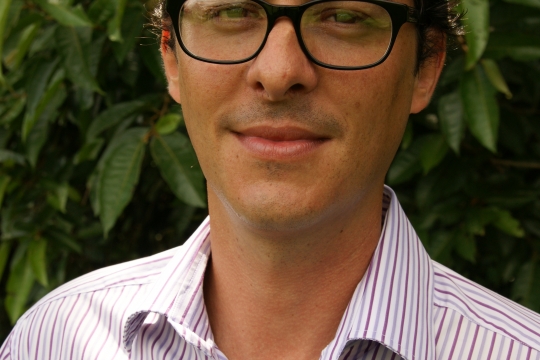Event Information
Research Proposal: Improving energy efficiency in Costa Rican households: the effect of pecuniary and non-pecuniary incentives in shaping the timing of consumption
EfD researchers: Francisco Alpízar and Erin Sills (North Carolina State University, USA) PI: Francisco Alpízar.
Collaborators: Oscar Sanchez (National Forestry Fund, Costa Rica) and Edgar Ortiz (Costa Rican Institute of Technology (ITCR)).
Abstract: The Costa Rican PSA Program is widely cited in discussions about REDD+, including as a reference on the costs of implementing PES and the challenges of generating additionality and livelihood co-benefits (poverty reduction). As such, it is critical to document and extract lessons from the variation in payment levels and targeting criteria employed by Costa Rica´s National Forestry Fund (FONAFIFO). FONAFIFO is a world pioneer and a compulsory reference point in the area of PES design. While PSA is well-studied, the literature does not necessarily reflect the constant improvements to the program. In this project, we will describe recent variation across time and space in dimensions of program implementation that we expect to affect efficiency, i.e., the increase in ecosystem services induced by payments relative to the total cost of the program. The first step is to describe the most recent variations in program design, their motivation, and their potential effects on additionality. In an iterative process, we will also identify and elucidate the constraints on program design, ranging from legal frameworks to human resources. The second step is to quantify the transaction and implementation costs of recent program designs, including (i) public sector outlay for payments and administration, (ii) net profits or costs incurred by intermediaries, and (iii) total transactions, implementation, and opportunity costs of landowners. The third step is to assess the distribution of contracts under recent program designs, by biogeographic and socioeconomic characteristics of districts and, as available, of parcels and landowners. The fourth step is to develop a menu of options for how to target and set payment levels for PSA, while respecting the constraints identified in the first step. We anticipate that these options will include reverse auctions designed based on economic theory, practical experience in other countries, and the particular constraints on program design in Costa Rica. Based on these four steps, we will produce a manuscript for journal submission, with co-author(s) from FONAFIFO, and a proposal for external funding to support experiments with reverse auctions that build on the experience to date of FONAFIFO and other countries, ensuing that the designs tested are both theoretically strong and politically feasible.
Our goal is to learn about the Costa Rican experience from the inside, working closely with FONAFIFO staff to understand how they have sought to improve efficiency and to explore options for setting payment levels and targeting to increase efficiency, without missing the myriad of norms, rules, and other obstacles that program managers might face in the implementation of, for example, procurement auctions. Lessons from this close collaboration are likely to be highly relevant for program managers and researchers in other countries, including in the context of designing REDD+ programs.
